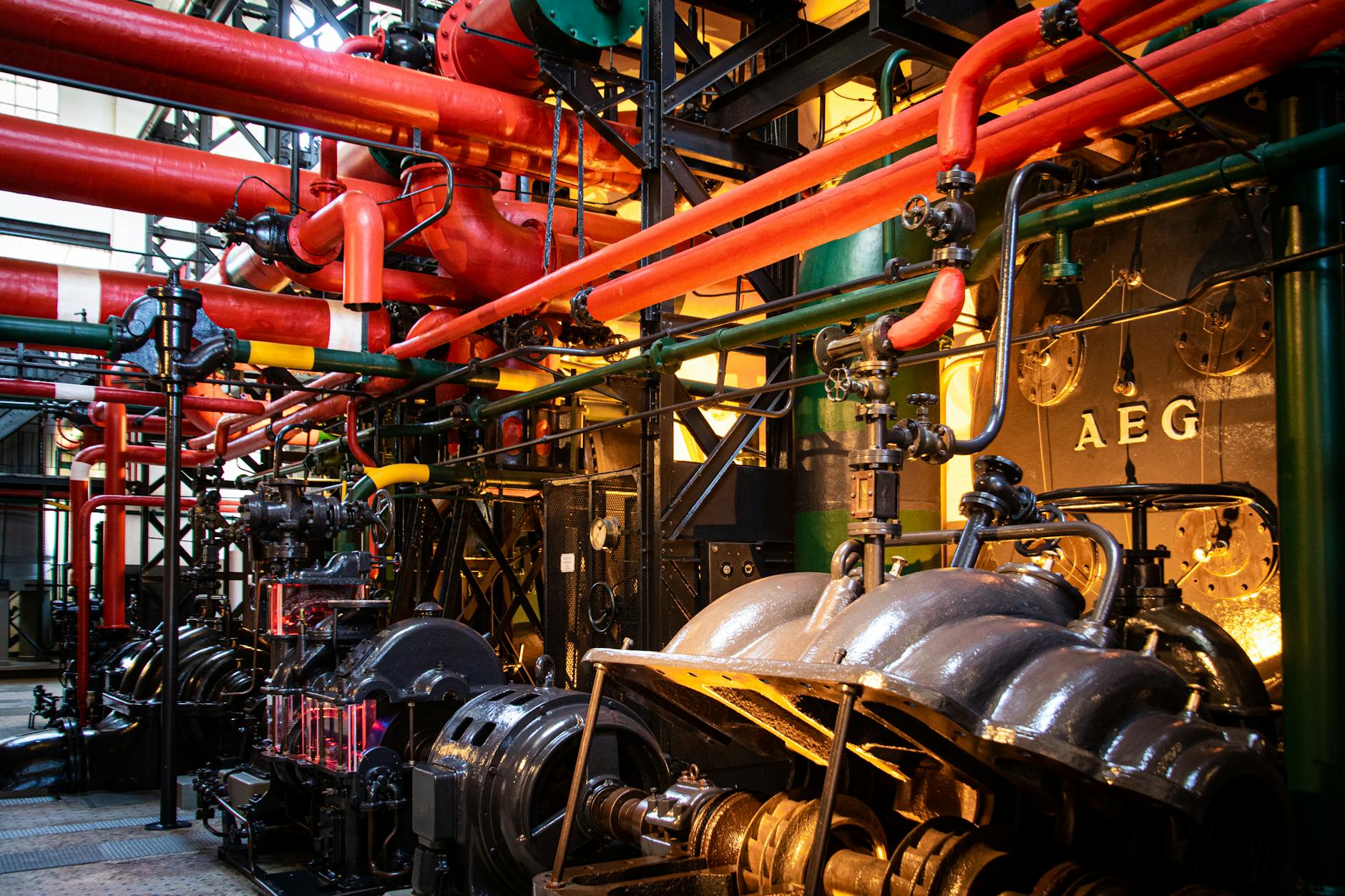Key Takeaways
- Industrial pumps are critical in various sectors, from agriculture to manufacturing.
- New technologies are driving innovations, enhancing efficiency and sustainability.
- Grasping these developments enables you to select the appropriate pump for your requirements.
Industrial pumps play a crucial role in numerous industrial operations, such as manufacturing, oil and gas, water treatment, and chemical processing. These pumps come in several types, such as centrifugal, positive displacement, and diaphragm pumps, each designed to handle specific fluids and operating conditions. Their efficiency and reliability are critical to maintaining smooth operations, preventing downtime, and ensuring safety in demanding industrial environments.
Selecting the appropriate pump necessitates thoughtful evaluation of fluid characteristics, flow rate, pressure demands, and the operation’s unique requirements. Additionally, maintenance and servicing are crucial in enhancing the longevity of these systems. Companies such as C&B Equipment offer expertise in pump systems, providing solutions and support that help facilities operate more efficiently and with fewer interruptions, making them a valuable resource in the industrial sector. Their services often include system assessments, repair, and customized equipment recommendations based on operational goals. By working with knowledgeable providers, industries can reduce energy consumption, lower operational costs, and ensure system reliability over time.
Types of Industrial Pumps and Their Uses
Industrial pumps are made to fulfill particular operating requirements. Due to their ability to handle vast quantities of fluid effectively, centrifugal pumps are frequently utilized in water treatment. Diaphragm pumps are recognized for their precise fluid transfer capabilities and are often used in the chemical and pharmaceutical sectors to prevent contamination. Peristaltic pumps, which are used in industries like food and beverage production and pharmaceuticals, ensure that the fluid being pumped is only in contact with the tubing, keeping it untouched by any other parts of the pump. These pumps are essential in various industries, including water treatment, chemical production, pharmaceuticals, and food and beverage processing.
The Role of Industrial Pumps in Sustainability
Sustainability is increasingly becoming a central focus across industries worldwide, and industrial pumps play a vital role in this pursuit. By incorporating cutting-edge, energy-efficient designs, modern industrial pumps dramatically reduce power consumption, leading to a lower carbon footprint. Additionally, advancements in the materials used in pump manufacturing and innovative design techniques have minimized the likelihood of leaks and spills, ensuring that the environmental impact of industrial operations is mitigated. These pumps are designed to function at optimal efficiencies, reducing energy consumption and thus lowering operating expenses and aiding in environmental conservation efforts.
Innovative Technologies Reshaping the Industry
Significant technological advancements are transforming the industrial pump industry. Integrating intelligent sensors has proven revolutionary, enabling real-time tracking of pump operations. This innovation allows for predictive maintenance, identifying potential issues before they escalate into major failures and reducing costly downtime. Additionally, automation has changed the operational dynamics of pumps, leading to improved energy efficiency and enhanced operational performance. These technological innovations are reshaping industrial operations, making pumps more efficient and essential in an increasingly automated environment.
Key Considerations for Selecting an Industrial Pump
Selecting the appropriate industrial pump is a critical decision influencing operational efficiency and cost-effectiveness. Several factors need to be considered, including the type of fluid that the pump will handle, its viscosity, temperature, and the required flow rate. Additionally, it’s essential to contemplate the industry’s specific requirements, as not all pumps are suitable for every application. Conducting a thorough needs assessment helps choose a pump that meets current operational demands and is adaptable to future industrial needs and developments.
Maintenance Tips for Longevity
Ensuring longevity in industrial pumps necessitates a proactive approach to maintenance. Regular inspections are vital to identify signs of wear and tear before they culminate in significant mechanical failures. Timely replacement of worn-out parts, ensuring correct alignment and consistent lubrication are crucial maintenance practices that prevent unnecessary wear and maximize efficiency. To extend the pump’s operational life and provide the seamless advancement of industrial operations, it is imperative to establish a regular maintenance schedule to prevent unanticipated breakdowns.
Future Trends and Expectations
The industrial pump industry is on the cusp of continued innovation and worthy growth prospects, with a keen focus on automation and energy efficiency. As industries lean towards sustainable practices, companies explore new materials and design improvements to meet these escalating demands. Integrating IoT technologies is another exciting advancement that allows unprecedented control and monitoring of pump operations, providing vital data that can optimize performance. As worldwide industries work towards improved sustainability, industrial pumps will play a key role in these initiatives, helping meet ambitious environmental and operational objectives.

